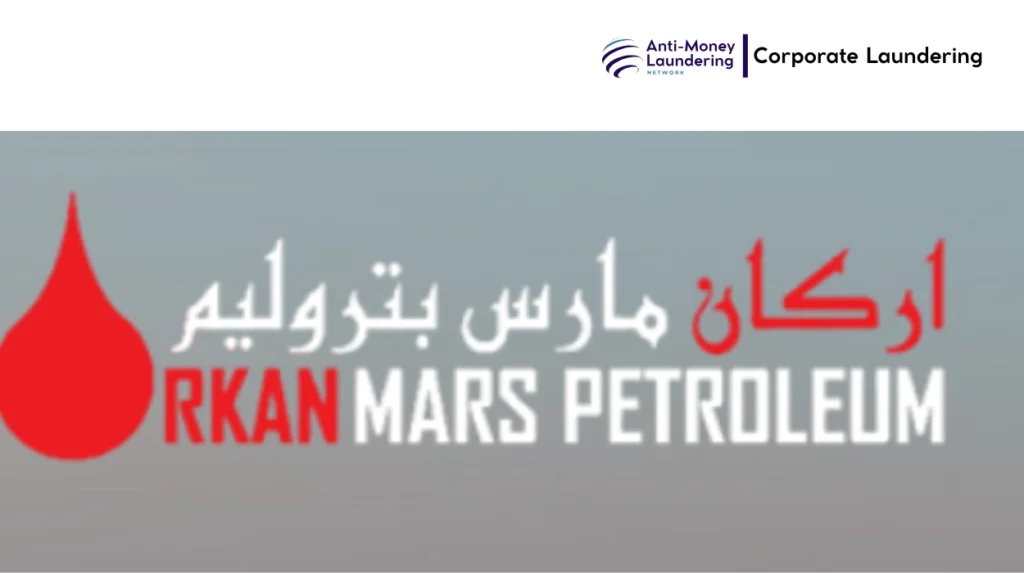Arkan Mars Petroleum operates as a pivotal node in a petroleum smuggling and money laundering network that materially supports Yemen’s Houthi rebels, a designated terrorist group. Managed by Muhammad Al-Sunaydar, the company and its UAE affiliates coordinate the import of Iranian petroleum products into Houthi-controlled ports, enabling the Houthis to generate hundreds of millions in illicit revenue through fuel taxation and resale at inflated prices. This network exemplifies how illicit trade, corporate layering, and regional conflict intersect to sustain and finance terrorist activities, prompting targeted U.S. sanctions aimed at dismantling these financially lucrative and destabilizing operations. The case starkly highlights the vulnerabilities of the energy sector to exploitation by politically exposed persons and sanctioned entities in high-risk geopolitical landscapes.
Arkan Mars Petroleum and its UAE affiliates have been sanctioned by the U.S. Treasury in 2025 for operating a petroleum smuggling and money laundering network that financially supports Yemen’s Houthi rebels, a designated terrorist group. Managed by Muhammad Al-Sunaydar, the company coordinated the delivery of approximately $12 million worth of Iranian petroleum products to Houthi-controlled ports, enabling the Houthis to generate hundreds of millions annually through illicit petroleum imports, taxation, and resale at inflated prices. The network also involves related entities and individuals engaged in laundering funds under the guise of legitimate trade. These sanctions aim to disrupt the financial infrastructure sustaining the Houthi insurgency and highlight the intersection of illicit trade, regional conflict, and terrorism financing in a high-risk geopolitical environment.

